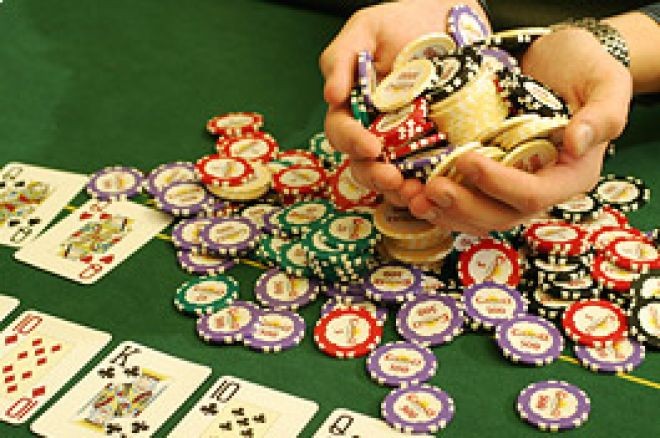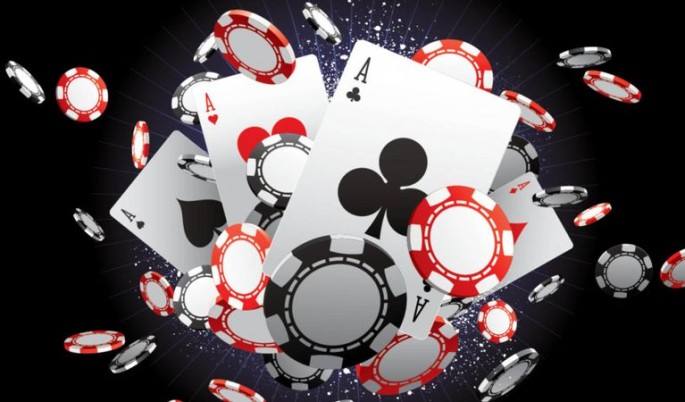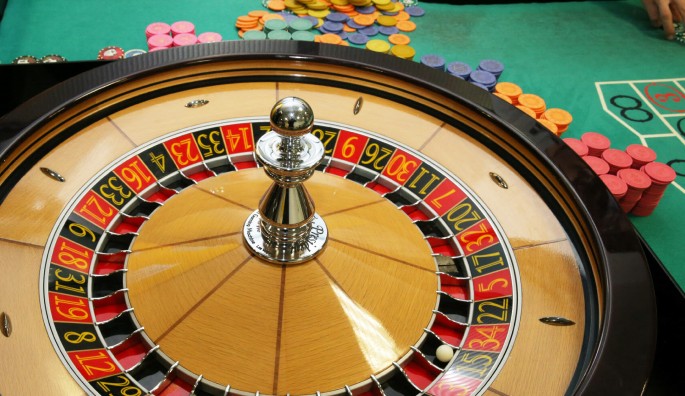Over the course of the past few years in the USA, the door has slowly been opening to the sale and regulation of marijuana and other cannabis products. Starting with Washington and Colorado in 2012, there are now ten states where the plant can be purchased legally, with the subsequent sales tax providing a significant financial boost to the state the sale takes place in. In California, the value of that tax revenue boost has been $2.75bn.

The idea behind the legalization was a simple one; the law that prohibited its purchase was almost unenforceable, the people who bought it were going to carry on spending money on it anyway, and if there was so much money to be made, why shouldn't the state get in on the deal? At the same time, it took the product out of the hands of backstreet drug dealers, and meant that people could get a safe, clean supply from a trusted source. Everybody won.
Presumably, it was the same sort of logic - and the identification of a possible route to easy money - that persuaded lawmakers to take another look at their current gambling legislation.
The Gambling Conundrum - What's Changed?
If it was the financial margins that persuaded lawmakers to look again at their policy on marijuana, it was likely the same factor that's persuaded them to look at betting legislation with fresh eyes.

Recently, as you may have heard on the news, sports betting has been largely decriminalized in the US. The State of New Jersey went to the Supreme Court to challenge an old law from 1992 which prohibited the hobby from occurring anywhere in the country that didn't already have a specific permit; for example Las Vegas. The intention of the law was a good one; to preserve the morality of the nation, and to prevent the risk of corruption in sports, for example, a team or individual being paid to lose or win a contest in order to guarantee the result of a bet.
The issue with the ban is that many people simply ignored the law, and went to the black market to place their bets. It's difficult to say how much money was being spent on those black markets - they are, by their very nature, difficult places to obtain information from - but some research in the past has suggested that it may be hundreds of billions of dollars per year. If that money was filtered into the legitimate economy, it would make a huge difference to the wealth of Government, and therefore may even trickle back down to the people as a reduction in personal taxes.
The victory secured by the state of New Jersey has prompted many states up and down the USA to look at the provisions they have for sports betting, and how it could be integrated into both their industries and economies. There is about to be a gambling revolution in America. It may not be the case that every single town or city becomes a casino hot-spot like Vegas, but it's definitely a step closer.
As always, when major changes in policy occur in other nations - especially ones which are going to make all or part of that nation a great deal richer - other countries around the world sit up and take notice. China certainly seemed to. And, for a moment, it was reported that the age-old laws on gambling there may be relaxed, too.
Hope On Hainan Island?
Much like the USA before the decision to relax the ban, there are still places within China; or at least the surrounding regions; where people can go to gamble. Hong Kong is known for having a thriving casino scene, and Macau is a gambler's paradise that some say even outdoes Las Vegas itself. It certainly brings in a great deal more money.
Both Hong Kong and Macau owe their gambling scenes to previous owners, though; Great Britain and Portugal respectively. Gambling is outlawed as one of the three major sins by the ruling Communist Party, and despite recent rumours to the contrary involving Hainan Island, there hasn't been any sign of that stance changing any time soon.
When rumours of a possible casino enterprise on the island sprang up in February 2018, the appeal seemed obvious. The Chinese Government is well aware that its citizens travel to Macau to gamble. They also know that the value of the gambling industry in Macau is $33bn. There can be little doubt they'd like to start receiving that revenue themselves. Hainan seemed a good prospect; still in China, but separated from the mainland by sea and therefore an ideal tourist location that people could visit instead of Macau. The mainland preserves its integrity, the island gets the visitors, the Government gets the money. Again, it seemed like an 'everyone wins' solution.
Jump ahead to the present day, though, and it seems that the rumours were just that; rumours. There has been no sign of legalized gambling on Hainan. Indeed, to the contrary, the island's new secretary Liu Cigui has reiterated his commitment to "resolutely forbid the three vices of prostitution, drugs and gambling". That sounds like an unwavering commitment to maintaining the status quo, nd a denial of the press reporting from earlier in the year.
Spinning And Losing

China, then, looks set to remain firmly opposed to letting the gambling industry in. So long as it does, its citizens will continue to gamble elsewhere, as they did in America. The refusal of China to open its doors means there is more money to be made by casino websites abroad.
As far back as 2004, Chinese economist Wang Zengxian estimated that as much as 600 billion yen per year was being lost from the Chinese economy to foreign casinos. If adjusted for inflation, that figure would today add up to $88bn, and that's only if the figure had stayed the same. The availability of online gambling is much greater today than it was in 2004, with UK online slots websites and virtual casinos now commonplace. The more places people can go on the internet to gamble, the easier it is for potential casino game players to find somewhere to indulge the hobby. With the vastly greater availability of mediums for gambling online now, compared to 2004, it would be natural to assume that the amount being spent has increased in line with that availability.
The question now facing the Government is whether the potential financial value of legalization is worth more than one of their oldest and most dearly held principles. Is making a moral standstill worth it when so many of the people ignore that stance? It may take years to get a full and final answer; but so long as other major nations are making vast sums of money by relaxing old laws, the temptation for China's own Government to act will surely increase.





















